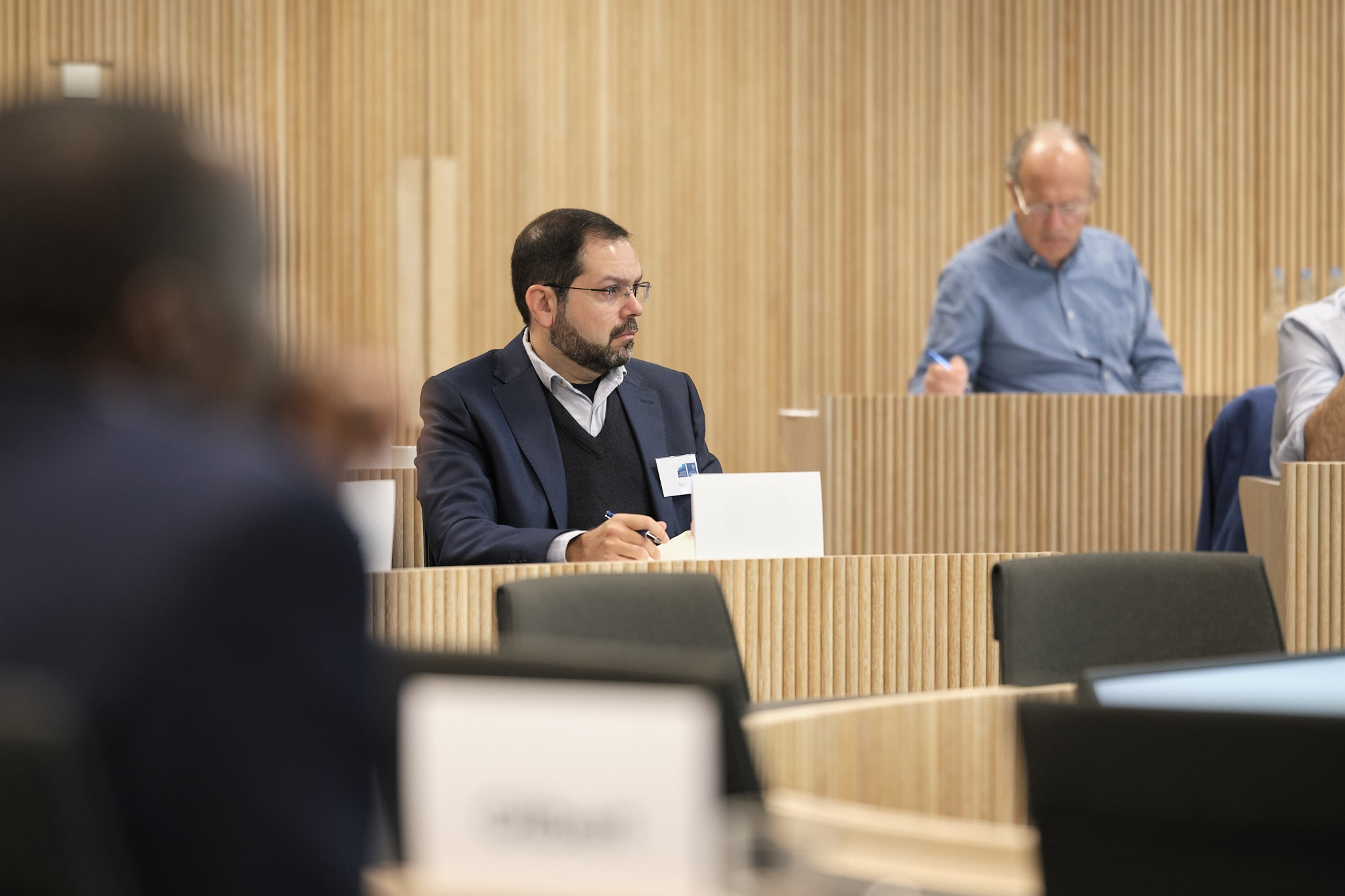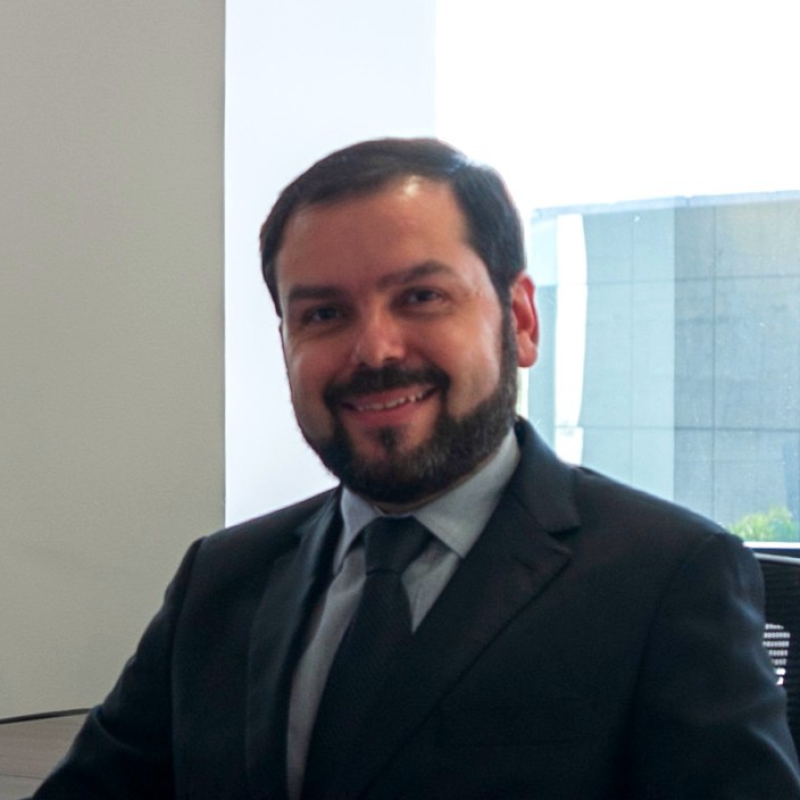From aspiration to opportunity
Tito Livio Pereira Queiroz e Silva, Deputy Executive Secretary of the Ministry of National Integration and Regional Development in Brazil, reflects on his transformative week on the Rising Public Leaders Programme. Together with his fellow participants, he explored ethical leadership, strategic communication and decision-making under pressure, while building a global network committed to excellence in public service.

Joining the student cohort at the nearly millennia-old University of Oxford is a privilege that once felt far beyond reach. As a Brazilian civil servant, studying at an institution that has shaped many of the world’s most influential thinkers and leaders seemed a distant prospect.
The creation of the Blavatnik School of Government (BSG) changed that. Programmes like the Rising Public Leaders Programme (RPLP) offer a rare chance for public servants to engage with global peers and learn best practices, without stepping away from their careers for extended periods.
Motivated by this opportunity, I applied and was fortunate to be admitted to the 2025 edition. From that moment, questions surfaced: What would the learning environment be like? How could my experience enrich the discussions? What challenges do public leaders share across borders?
Many of these questions began to fade even before arriving in Oxford. Early interactions with the BSG team and the preparatory online sessions revealed a well-organised, thoughtful programme and set the stage for a truly exceptional experience.
First impressions at Oxford
In Oxford, the initial activities — registration, the welcome lunch, and the guided tour — were instrumental in breaking the ice and fostering early connections among participants. The diversity of backgrounds and professional experiences, paired with a spirit of openness and good humour, created a rich environment for learning and exchanging ideas. Oxford’s blend of historic and modern architecture added to the sense of occasion, with the BSG’s sleek facility standing in contrast to centuries-old buildings nearby.
Key learnings and reflections
The week was intense and filled with learning, making it difficult to highlight only a few aspects. Still, several elements stood out. Sessions on integrity explored both classical and contemporary ethical dilemmas faced by public leaders. Through plenary discussions and small group case analyses, we saw how ethical challenges transcend borders. These conversations deepened our shared commitment to public service and broadened our ability to navigate moral dilemmas in leadership roles.
Equally transformative were the sessions on narrative communication. The Story Slam and Tool Shop, led by Professor Simon Bucknall, pushed us to craft and deliver compelling messages under pressure. The process of refining a personal story and presenting it to peers was challenging, but it helped us develop speeches that resonate and leave a lasting impression. The emphasis on clarity and brevity, especially in high-stakes settings, was particularly valuable.
The decision-making module prompted deep reflection on the biases that influence our choices, often unconsciously. Simulation exercises illustrated how these biases emerge under pressure, and the complementary Tool Shop offered strategies to mitigate their effects. Yet, back in my daily routine, I quickly realised that avoiding cognitive biases is often more difficult than making decisions based solely on evidence, especially when time is short and stakes are high.
In addition to these themes, the programme offered rich discussions on internet governance, multi-stakeholder negotiations and institutional resilience. The combination of theoretical frameworks, simulations, and practical exercises provided a comprehensive understanding of the challenges faced by public leaders in these areas.
A global network for the future
Beyond the technical knowledge acquired, the Rising Public Leaders Programme offered something equally valuable: a global network of experienced public leaders committed to integrity, innovation, and excellence in public service. The connections forged during this week, grounded in shared purpose and mutual respect, will continue to spark meaningful collaborations long after our time in Oxford.
This experience reaffirmed the importance of investing in leadership development and cross-border dialogue. It reminded me that while our contexts may differ, the core challenges of public service — ethical decision-making, effective communication, and institutional strength — are strikingly universal.

